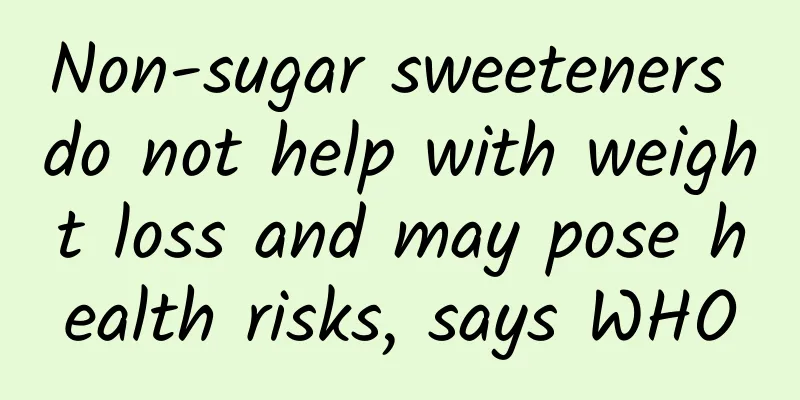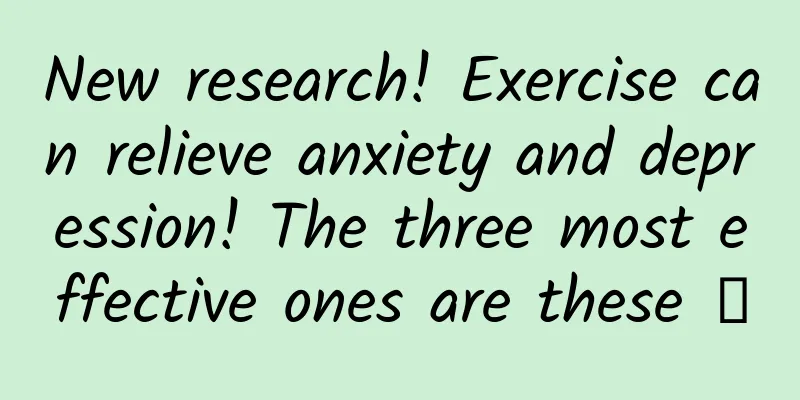Non-sugar sweeteners do not help with weight loss and may pose health risks, says WHO

|
The World Health Organization reports that non-sugar sweeteners will not make you lose weight and may be associated with health risks in the long term. Image source: Getty Images Non-sugar sweeteners (NSS) should not be used for weight loss, according to new guidelines from the World Health Organization (WHO). The United Nations (UN) health agency's report also suggests that long-term use of such sweeteners may pose health risks. The new recommendations are based on a systematic review of the evidence, the WHO said on May 15. The review included more than 280 studies on low- and no-calorie synthetic sweeteners (such as aspartame) and natural extracts (such as stevia). The findings showed that using NSS instead of sugar does not have any long-term benefits for reducing body fat in adults or children. The review also suggests that long-term use of these sweeteners may be associated with a slightly increased risk of type 2 diabetes, cardiovascular disease, and premature death from any cause in adults. However, the WHO noted that the evidence for a link between long-term NSS use and risk of disease or early death is not yet conclusive, in part because of complex patterns of NSS use and underlying characteristics of study participants that could have confounded the review's findings. Because of this, the WHO labeled its recommendation "conditional," meaning there is still uncertainty about the benefits of implementing it. "Replacing free sugars with NSS will not help control weight in the long term," said the director of WHO's Department of Nutrition for Health and Development in a statement, adding that people need to consider other ways to reduce their intake of free sugars, such as eating foods that contain natural sugars, such as fruit, or unsweetened foods and drinks. The World Health Organization says its guidelines on sweeteners apply to everyone except people with diabetes. In addition, the recommendations do not apply to medicines and personal care products, such as toothpaste, which may contain small amounts of sweeteners added to make them more palatable. In its review, the health agency looked at studies that compared the weight of people who consumed regular sugar with those who consumed sweeteners. The reviewed randomized controlled trials (gold standard trials that compare with a placebo group) suggest that replacing sugar intake with NSS may reduce weight in the short term without affecting cardiovascular or metabolic health. However, long-term observational studies have shown that chronic sweetener consumption is associated with an increased likelihood of obesity and lower body mass index (BMI), an indirect estimate of body fat, as well as an increased risk of certain diseases and early death. The guidelines note that people who don't eat much sugar in the first place are unlikely to experience any weight loss if they switch to sweeteners. The WHO says they may only experience potential adverse effects from using NSS. WHO assessed the overall certainty of the evidence it reviewed as “low.” The agency called for further research to determine which mechanisms NSS may be involved in negatively affecting human health. Still, the health organization said potential links between NSS and human disease should be taken seriously because possible mechanisms for these adverse effects have been discovered and validated in animals. These mechanisms include changes in taste perception, the release of metabolic hormones in the body and the gut microbiome, although again, it is unclear whether changes seen in lab mice would translate to humans. Source: Chongqing Tianji Network Co., Ltd. Source: Live Science "Non-sugar sweeteners don't help with weight loss and may come with health risks, WHO says" Statement: Except for original content and special notes, some pictures are from the Internet. They are not for commercial purposes and are only used as popular science materials. The copyright belongs to the original authors. If there is any infringement, please contact us to delete them. |
<<: Why do I keep coughing after catching a cold?
Recommend
What kind of exercise is suitable for patients with gynecological diseases
Gynecological diseases trouble many women. Some w...
Where does gout first hurt in women?
Gout has a genetic history. At present, the proba...
Did you bleed a lot the first time?
The hymen should be something that every girl has...
80% of people are not aware of the precautions for gynecological examinations
Gynecological diseases include many symptoms, whi...
What if my period comes 10 days early?
Women of childbearing age have their menstrual pe...
How painful is it to be overly sensitive in this part of the body?
appendix: 1. ——I really want to chop off my nose!...
What oil is better for making scallion pancakes in an electric baking pan? Is soybean oil or rapeseed oil better for making scallion pancakes?
We all know that scallion pancakes are a common s...
What to do if pregnancy reaction is too strong
Many women will experience obvious morning sickne...
How many months does a pregnant woman start to produce milk?
Some pregnant women's breasts will be disturb...
Food Safety | Is being a vegetarian equal to being healthy? Your body will lack these nutrients
In recent years, with the high incidence of disea...
The lochia was clean for two days and then it started bleeding again
Lochia is some blood stasis and other substances ...
How to apply makeup to big eye bags? Does eye cream have any effect on eye bags?
What to do if you have eye bags due to staying up...
What to do if you have difficulty breathing at 35 weeks of pregnancy
The 35th week of pregnancy is considered the late...
There is a hard lump in the cesarean section incision
Right after the operation, there will be lumps of...
What are the precautions for pregnancy in patients with schizophrenia?
Preparing for pregnancy refers to the prerequisit...









